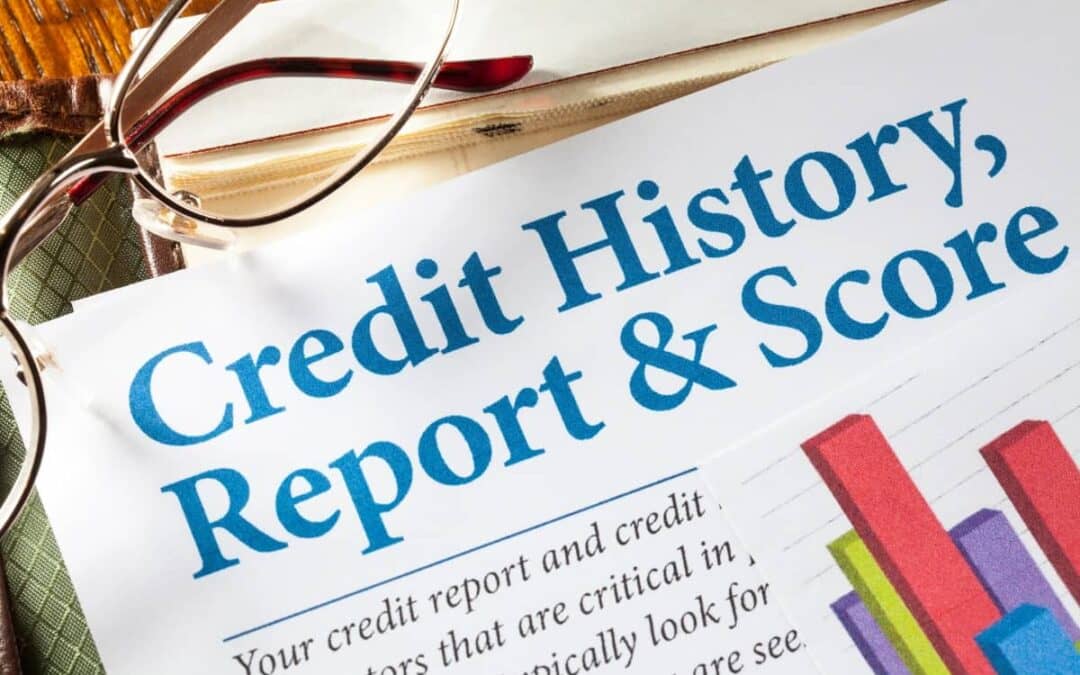Credit reports can affect your financial well-being by impacting various aspects of your life such as your mortgage rate, vehicle loan rate, credit card approvals, apartment rental applications and even employment offers.
Regularly monitoring your credit report is crucial. First, you can promptly identify fraudulent activity and prevent identity theft by detecting newly opened accounts or loans in your name. Addressing these actions early helps minimize the financial harm caused by unauthorized activities.
Credit reports can also contain errors, such as incorrect account information, late payments or even accounts that don’t belong to you. Monitoring your report enables you to identify and dispute these inaccuracies, which can help improve your credit score and prevent potential issues down the line.
Free Weekly Credit Reports Available
Even if you have good credit, you should routinely review your credit report. You can request a FREE credit report from the three national credit reporting agencies: TransUnion, Equifax and Experian on a weekly basis.
To obtain a FREE weekly credit report from one of the bureaus listed above, visit AnnualCreditReport.com. This is the only official site explicitly directed by Federal law to provide your free credit report. Don’t be fooled by other websites that charge a fee. Also, beware of fraudulent sites set up to steal your personal information.
What to look for
Once you obtain your credit report, what should you look for? According to the Consumer Financial Protection Bureau, you should look for these common errors on your credit report.
Identity errors
- Errors made to your identity information (wrong name, phone number, address)
- Accounts belonging to another person with the same or a similar name as yours
Incorrect reporting of account status
- Closed accounts reported as open
- You are reported as the owner of an account, when you are actually just an authorized user
- Accounts incorrectly reported as late or delinquent
- Incorrect date of last payment, date opened or date of first delinquency
- Same debt listed more than once (possibly with different names)
Data management errors
- Reinsertion of incorrect information after it was corrected
- Accounts that appear multiple times with different creditors listed (especially in the case of delinquent accounts or accounts in collections)
Balance Errors
- Accounts with an incorrect current balance
- Accounts with an incorrect credit limit
If you find errors, you should contact the credit reporting company who sent you the report, and the creditor or company that provided the information (called the “furnisher” of the information). Your credit report includes directions on how to file a consumer dispute for inaccurate or incomplete information.



















